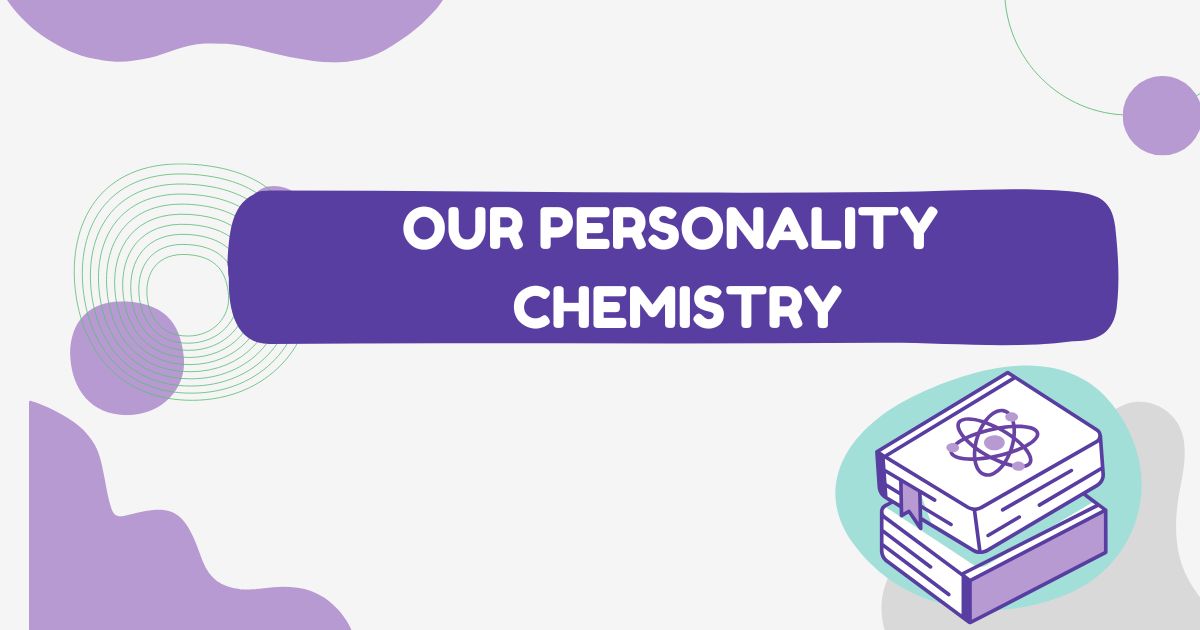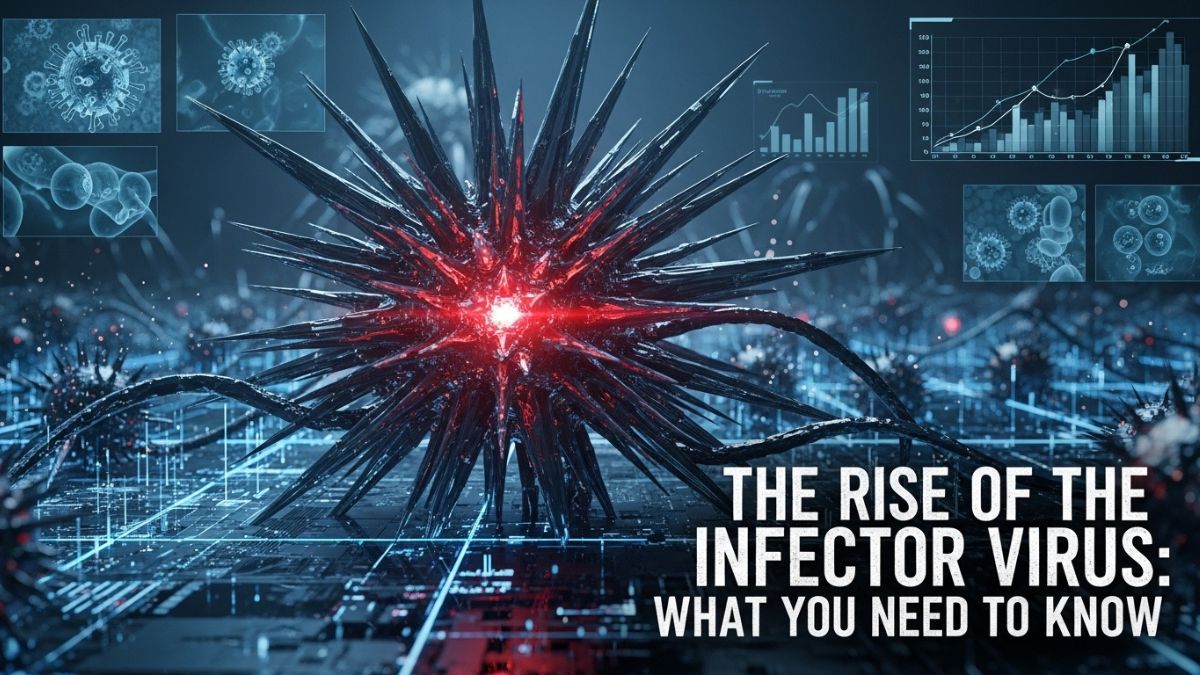Personality chemistry refers to the invisible force that brings people together, creating natural bonds and connections. Have you ever met someone and immediately felt an unexplainable sense of ease, as if you’ve known them for years? That’s personality chemistry at work. It’s the foundation of human interaction, influencing friendships, relationships, and even professional connections. But what exactly is personality chemistry, and how does it work? This article delves into the science behind it, exploring the factors that contribute to these magnetic connections.
What Is Personality Chemistry?
Personality chemistry is the phenomenon where two people, through their individual traits, energies, and communication styles, naturally connect. It goes beyond simple compatibility—it’s the immediate bond that sparks between two people, often without any effort. You might meet someone and instantly feel comfortable, understood, and connected. This deep, instant connection is often due to shared values, complementary personalities, or even unconscious psychological triggers.
The Role of Genetics in Personality Chemistry
Genetics plays a significant role in shaping our personalities, and this can influence how we interact with others. For example, studies suggest that people with similar genetic backgrounds may find it easier to connect. But it’s not all about family ties—genetic predispositions towards certain behaviors, like extroversion or empathy, can also impact how we relate to others.
The Psychological Factors That Influence Connections
Psychology offers numerous insights into why we feel an instant bond with some people and not with others. One major factor is the theory of “similarity-attraction.” According to this theory, we are drawn to individuals who share similar attitudes, beliefs, or backgrounds. It’s not just about shared interests; it’s about being able to communicate effortlessly and understand each other’s emotional responses. When two people’s psychological needs align, it creates an environment where chemistry can thrive.
The Influence of Non-Verbal Communication
Have you ever noticed that sometimes, you can tell exactly what someone is thinking without them speaking a word? Non-verbal communication—like body language, facial expressions, and even eye contact—plays a huge part in personality chemistry. These subtle cues can indicate how comfortable or interested someone is, making it easier to form a connection. A smile, a confident posture, or even the way someone mirrors your movements can create a sense of bonding.
Energy and Vibes: The Unseen Connection
Every person exudes a certain energy, or “vibe,” that others can sense. Whether we realize it or not, we pick up on these energy signals all the time. Positive, open energy can create an instant connection, while negative or closed-off energy can create distance. The science behind this idea stems from the concept of “emotional contagion,” where emotions are transferred between individuals, influencing their feelings and behaviors.
The Role of Empathy in Building Chemistry
Empathy is another key factor that determines personality chemistry. People who are more empathetic are naturally better at understanding others’ feelings and experiences. This heightened sense of emotional awareness helps create deeper, more meaningful connections. When you’re able to truly understand someone’s emotions, you create an environment where mutual respect and understanding can flourish.
Shared Experiences and Personality Chemistry
Shared experiences are a powerful driver of personality chemistry. When two people go through something together—whether it’s a challenging project at work, a fun trip, or a difficult life event—it can create a bond that goes beyond surface-level interactions. These shared moments build trust and offer a foundation for deeper connections. The more we experience together, the more our personalities align, making it easier to connect on a meaningful level.
The Impact of First Impressions
First impressions are crucial when it comes to personality chemistry. In the first few seconds of meeting someone, we make snap judgments based on their appearance, behavior, and even their tone of voice. These initial perceptions can determine whether or not we feel a connection. While these first impressions can sometimes be misleading, they still play a significant role in the chemistry we feel with others.
Trust and Vulnerability in Building Chemistry
Trust is the cornerstone of any strong relationship, and it’s especially important in the development of personality chemistry. When two people trust each other, they are more likely to open up and be vulnerable. Vulnerability fosters closeness, as it allows individuals to share their authentic selves. Without trust and vulnerability, it’s difficult for any connection to deepen, no matter how much chemistry may initially exist.
The Role of Humor in Personality Chemistry
Humor is another powerful tool for building personality chemistry. Sharing a laugh with someone can create an instant bond, easing any initial tension and helping people feel more comfortable with each other. Humor, especially when it’s shared or understood in a similar way, can break down barriers and make connections feel effortless. It’s a universal language that bridges gaps between different personalities.
Emotional Intelligence and Personality Chemistry
Emotional intelligence (EQ) refers to the ability to recognize, understand, and manage emotions—both your own and others’. People with high EQ tend to form stronger, more meaningful connections because they are more adept at navigating complex emotional dynamics. They can sense when others need support, adjust their communication style to fit the situation, and manage conflict more effectively, all of which contribute to stronger chemistry.
How Our Environment Shapes Personality Chemistry
The environment we find ourselves in can greatly influence the chemistry we feel with others. Whether it’s the atmosphere at a social gathering, the energy in a workplace, or the context of a casual meet-up, external factors can either enhance or hinder personality chemistry. A relaxed, open environment fosters deeper connections, while a tense or stressful environment can create barriers to building chemistry.
The Chemistry Between Opposites
While similarity plays a large role in creating personality chemistry, opposites can attract as well. The classic adage “opposites attract” holds some truth, especially when two individuals complement each other’s strengths and weaknesses. For example, a more introverted person may find themselves drawn to someone who is outgoing, as the outgoing individual may help them feel more confident in social situations.
Conclusion
Personality chemistry, a blend of genetics, psychology, and communication, significantly influences human relationships. Whether natural or developed, these connections are often the most authentic and lasting.
FAQs
Can personality chemistry be developed over time?
Yes, while some chemistry is instant, it can also develop as people get to know each other and share more experiences.
Is personality chemistry the same as compatibility?
Not exactly. Compatibility refers to shared values and goals, while chemistry is the emotional connection that draws people together.
How important is body language in creating personality chemistry?
Very important! Body language plays a major role in how we perceive others and how they perceive us.
Can two people have good chemistry but still not work together?
Yes, it’s possible. Chemistry doesn’t always guarantee long-term success, as other factors like values and life goals also play a role.
Is emotional intelligence important in personality chemistry?
Absolutely! Emotional intelligence helps people understand each other’s emotions, which fosters stronger connections and chemistry.















